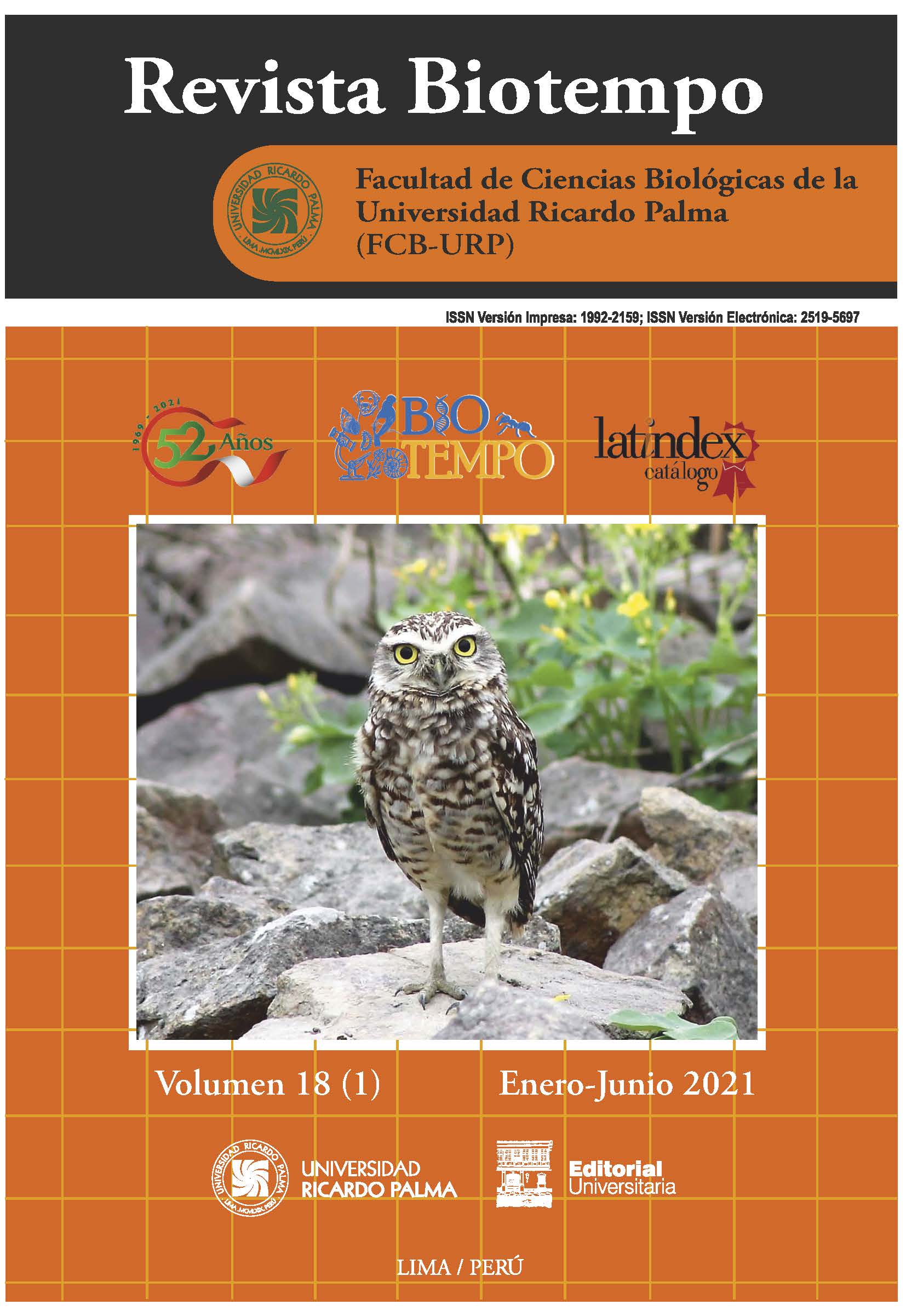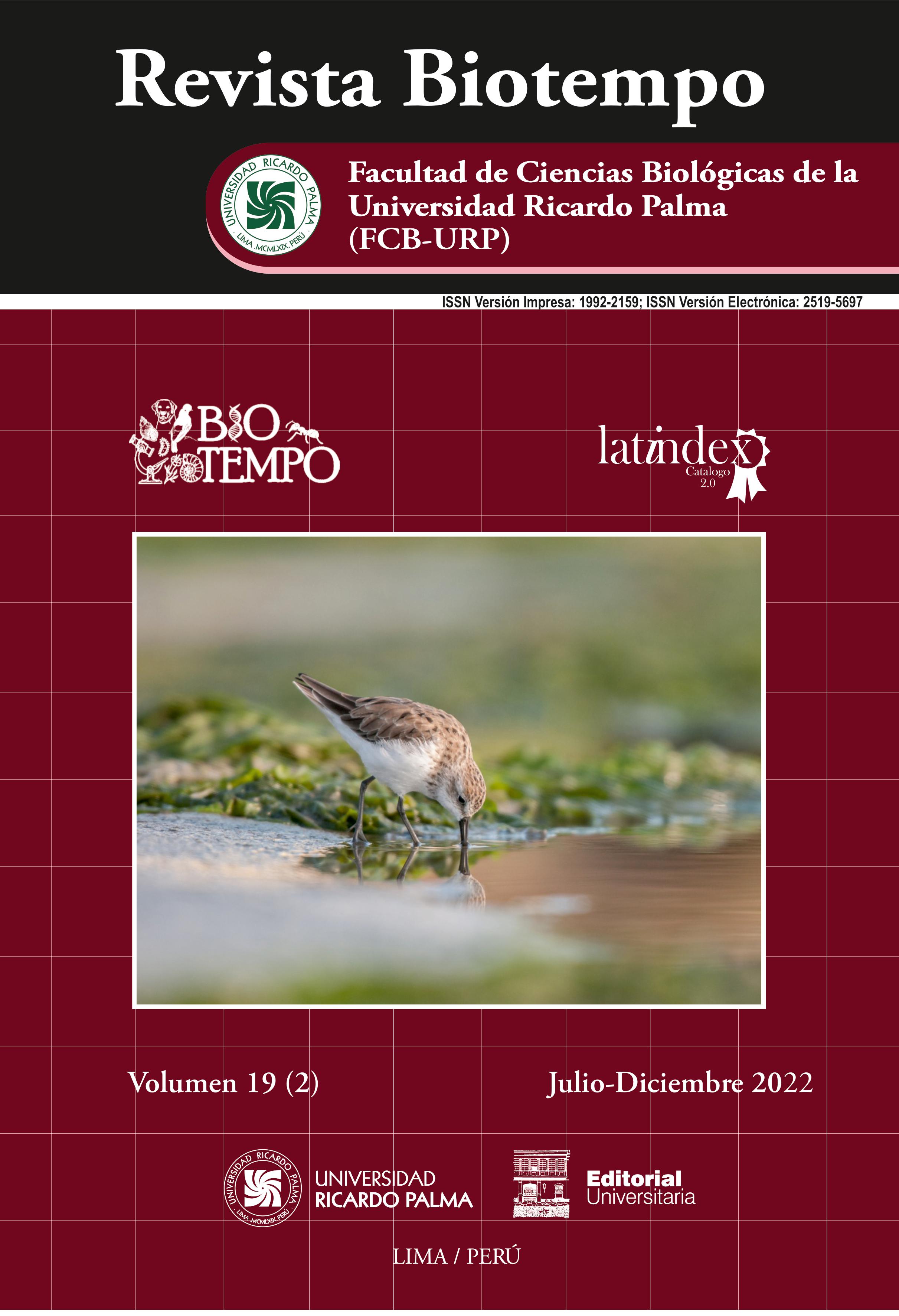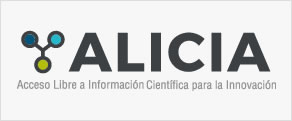FIELD WORK: A TOOL FOR THE TEACHING OF HERITAGE AND LOCAL HISTORY
DOI:
https://doi.org/10.31381/biotempo.v18i1.3773Keywords:
heritage, Heritage education, in-depth interview, local history, field workAbstract
The cultural and natural heritage and the local history of different sites visited in Cuba by students of the Bachelor's Degree in Education. History of the Central University “Marta Abreu” of Las Villas, Cuba. The research favored in them the Patrimonial Education, for the professional performance of the future graduates of the career, using as method of the historical research the field work. In addition, other methods of the theoretical and empirical level were used, to carry out the multilateral study of the research object, among which stand out the historical - logical, analytical - synthetic, inductive - deductive, of the theoretical level, and of the empirical level, the in-depth interview, the survey, the analysis of documents and the evaluation by expert criteria, which provided the validity of the proposed methodology. The implementation of the methodology included the courses corresponding to the years 2016-2020. Through these activities, spaces for reciprocity and reflection on the importance of protecting local and natural heritage in Cuba were established.










